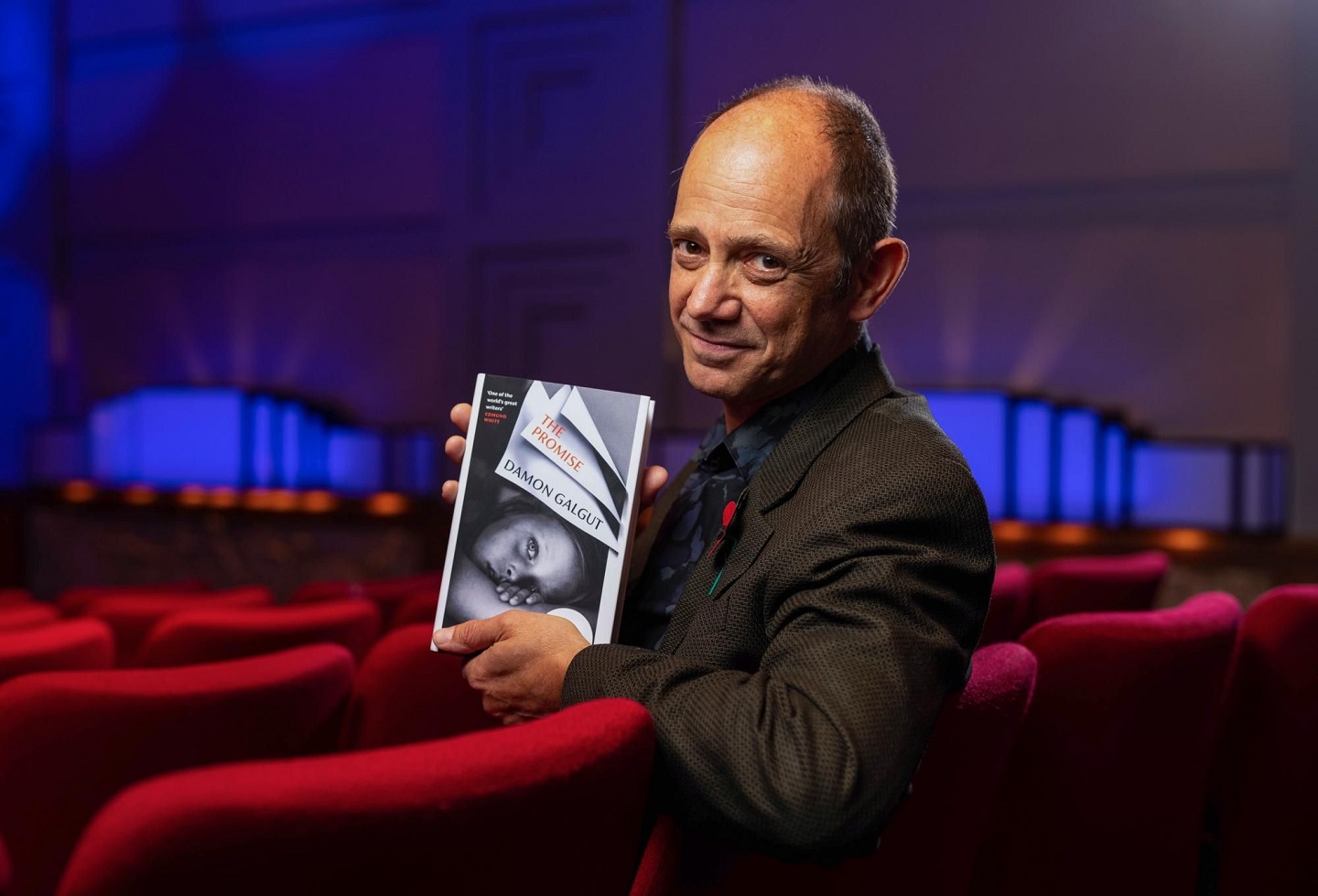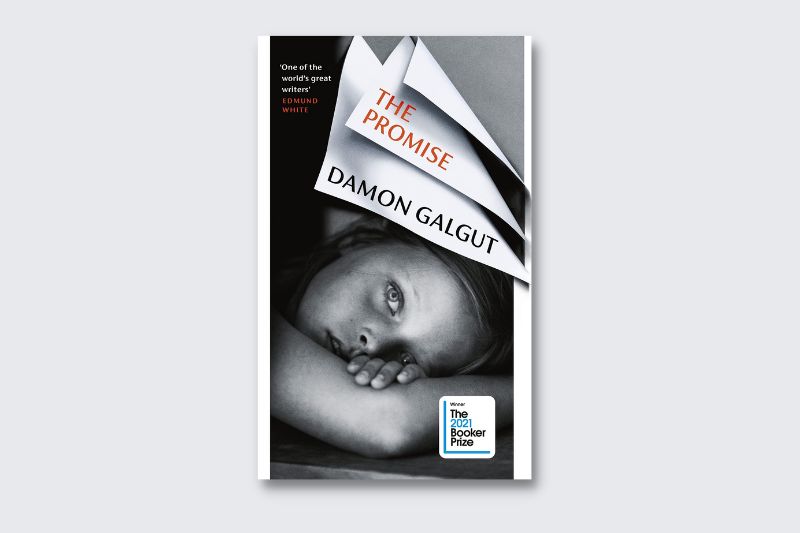
Galgut adopts the cinema writing method in The Promise (Photo: The Booker Prizes; David Parry/PA)
Seven years after the release of Arctic Summer, South African novelist and playwright Damon Galgut is back with his latest read, The Promise. Galgut had been shortlisted for the Booker Prize for The Good Doctor (2003) and In a Strange Room (2010). Last year, he bagged that literary prize for The Promise.
The 300-page novel follows the story of a white family of five living in a city in Gauteng province and the administrative capital of the Republic of South Africa, Pretoria. The Promise captures the downfall of the Swarts as they fail to fulfil a promise made to a family helper, Salome. Galgut focuses on shattered family relationships, institutionalised racism, pretentious religious figures and false hope in this book.
Significantly different from the rest, Amor, the youngest daughter of the Swarts is silent (or made to be) during the earlier part of the story as the family believes she is not reliable and mentally disturbed after a distressing incident that occurred when she was six years old: she was struck by lightning. Oddly enough, she stands out as the main character.
The tale opens with Amor being informed of her mother’s death due to cancer by her aunt Tannie Marina. The confusing family dynamics of the Swarts from the beginning set the tone for the rest of the book. It seems like peace does not exist in their vocabulary, even after death befalls them. Tannie Marina is furious that “Ma has betrayed the whole family by changing her religion, going back to her old religion”. Ma’s recent return to her Jewish faith from Christianity exerts more pressure on the existing tensions between her family and in laws who are now arguing about funeral proceedings — one side wants Ma’s wishes to be respected while the other wants the deceased to be buried at the designated family cemetery.
damon_galgut_the_promise_-.jpg

Amor is haunted by the promise Pa made to Ma two weeks before her death — Amor had overheard their conversation about granting a piece of land to Salome, given her undivided loyalty and service to the family. Pa reluctantly agrees to Ma’s wishes although he is not convinced Salome deserves a house of her own. This thought is reflected by South African law at the time, which prohibits a Black person from owning an asset or property. Naturally, this ridiculous promise is not taken into consideration and it does not help that the only witness is painted as someone “crazy”, so no one in the family takes Amor’s words seriously.
Everyone plods along with their lives until they are linked back over the years by a sequence of deaths. Amor refuses any kind of interaction with family members, so she moves to London for a while before working as a nurse at the HIV ward of a hospital in Durban. She is brought back to the farm upon receiving news of each person’s demise, roughly 10 years apart.
As she attends the funerals, Amor never misses the chance to start a discussion about “the promise” with her siblings, although her request to fulfil their mother’s wishes is denied each time. Amor shoulders the burden and lets the guilt and suffering consume her life. She works some demanding jobs and never gets hold of the allowances left behind by Pa for the children after his death.
Although Salome is belittled and betrayed by the Swarts, she is in fact the glue and pillar of the clan. While everyone else cannot hold a conversation without arguing among themselves, they reckon they ought to speak nicely to Salome, even if only to request that she prepares their meals. Holding her up as the maternal figure, the family members feel obliged to inform her when one of them has died. This appears to be the right thing to do as she had practically raised and looked after the children all her life.
In one instance, after Anton’s death, the family is not able to reach Amor to inform her of the news. It is Salome who calls Amor, making Anton’s wife, Desiree, question “The girl. Had Amor’s number. Why does she have it, but we don’t?” The connection developed between Amor and Salome is heart-warming and opposite of that the relationship between Amor and her family members, which is distant and cold.
This coming-of-age novel is divided into four sections: Ma (Rachel), Pa (Manie), Astrid and Anton, which are linked to the historical background of South Africa — the dismantling of the apartheid regime; the 1995 Rugby World Cup victory; the inauguration of President Mbeki; and the resignation of President Jacob Zuma. The reduction of Swart members one by one is a reflection of the withering white colonial rule during apartheid, while the unfulfilled promise to Salome indicates freedom from the oppressive political system, which has never been fully granted to the people.
Galgut adopts the cinema writing method in The Promise, “The voice of the book moves forward continuously, without a break, in the same way a film runs on to its end,” he tells Penguin Books. The narrative flows from one character to another and the main action is intertwined with some arbitrary event happening on the sidelines — all written without quotation marks.
The book requires a bit of work from readers, given the long-stretched chapters and free-form writing. A series of comical occurrences weaved into the narrative cleverly presents real-life difficulties — death, betrayal, hypocrisy — in a lighter way. It also subdues the intensity from having to differentiate which character’s voice is taking centre stage at certain moments. For that reason, we think The Promise was deserving of the Booker.
Damon Galgut’s 'The Promise' is available at Lit Books for RM89.90. Buy here.
This article first appeared on Apr 11, 2022 in The Edge Malaysia.


